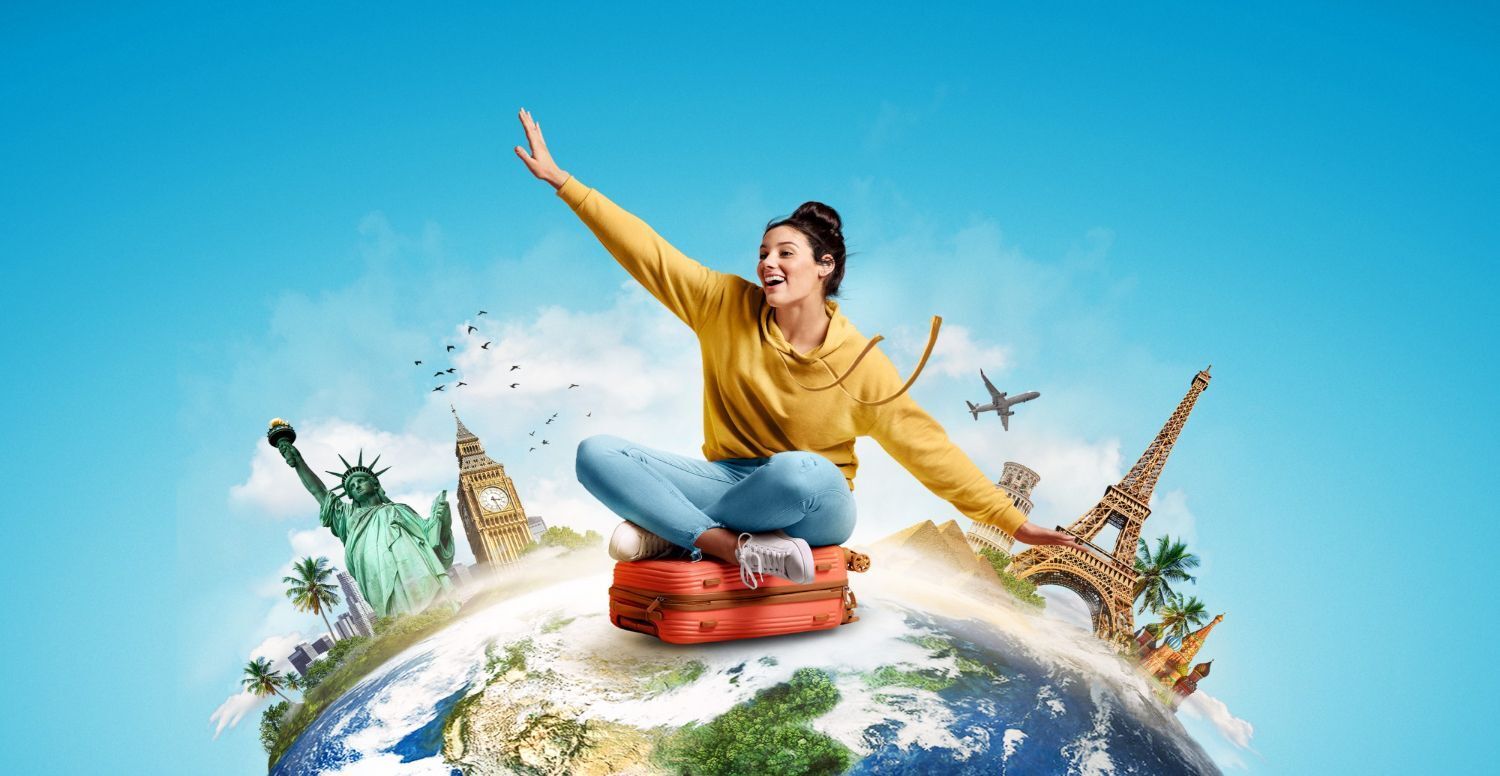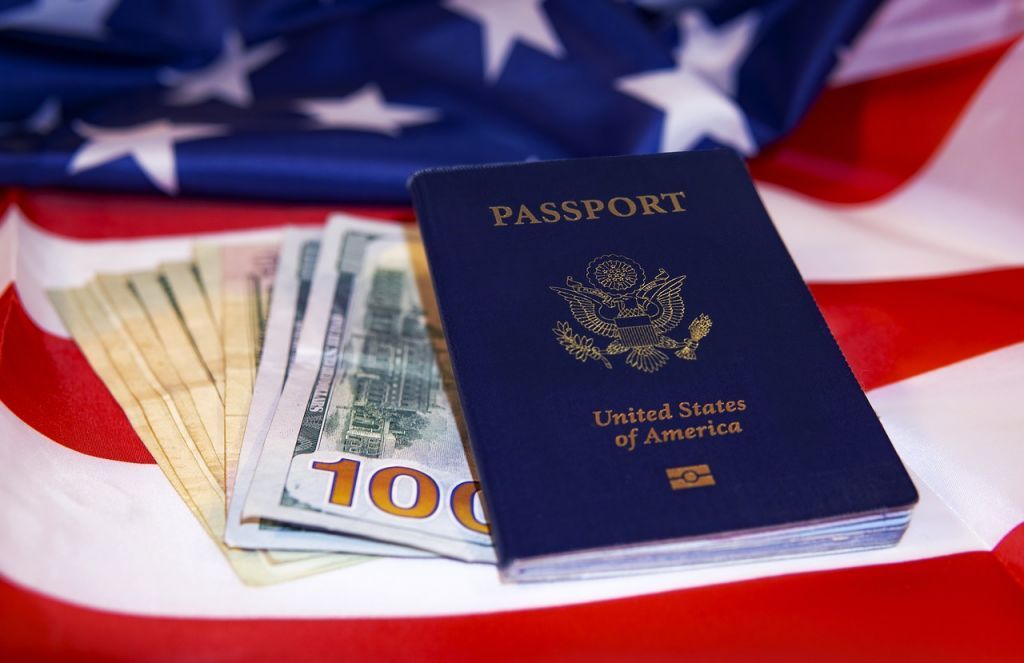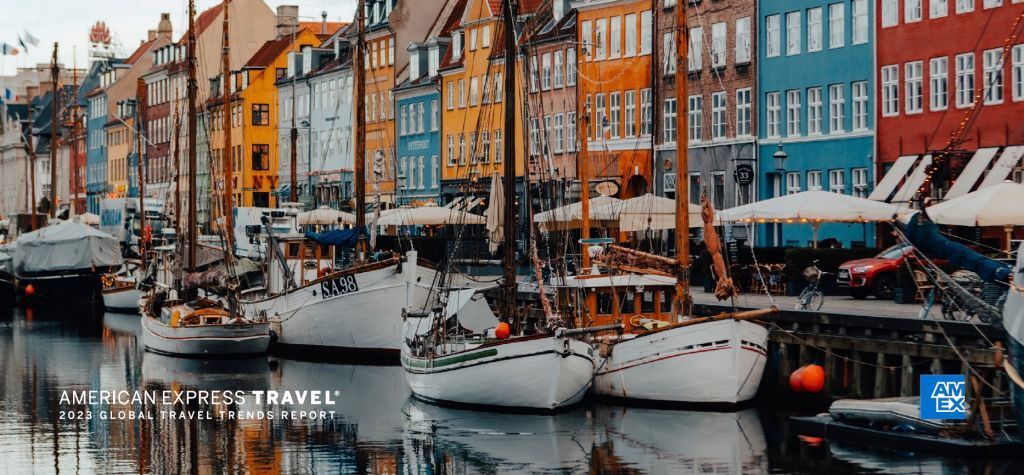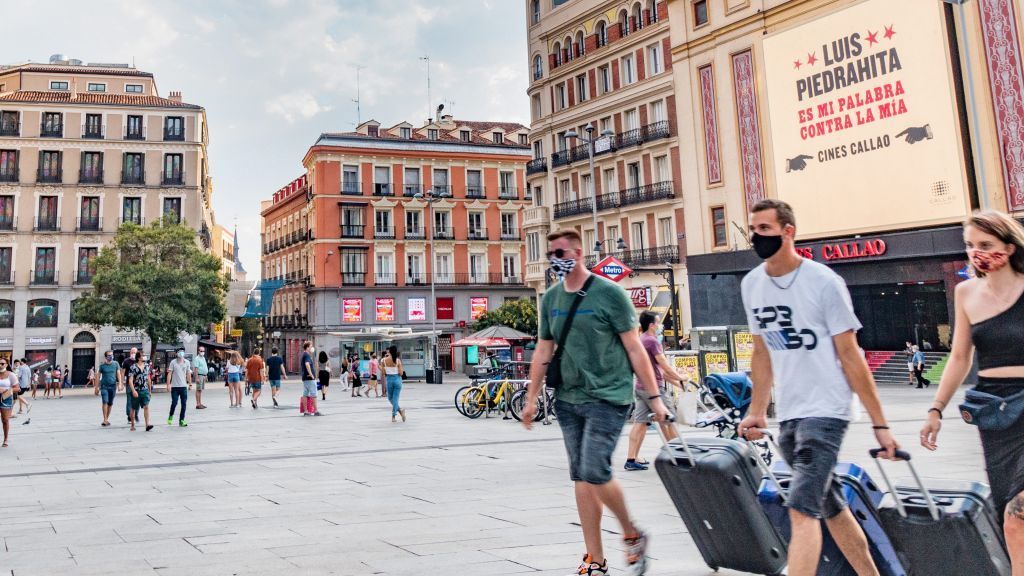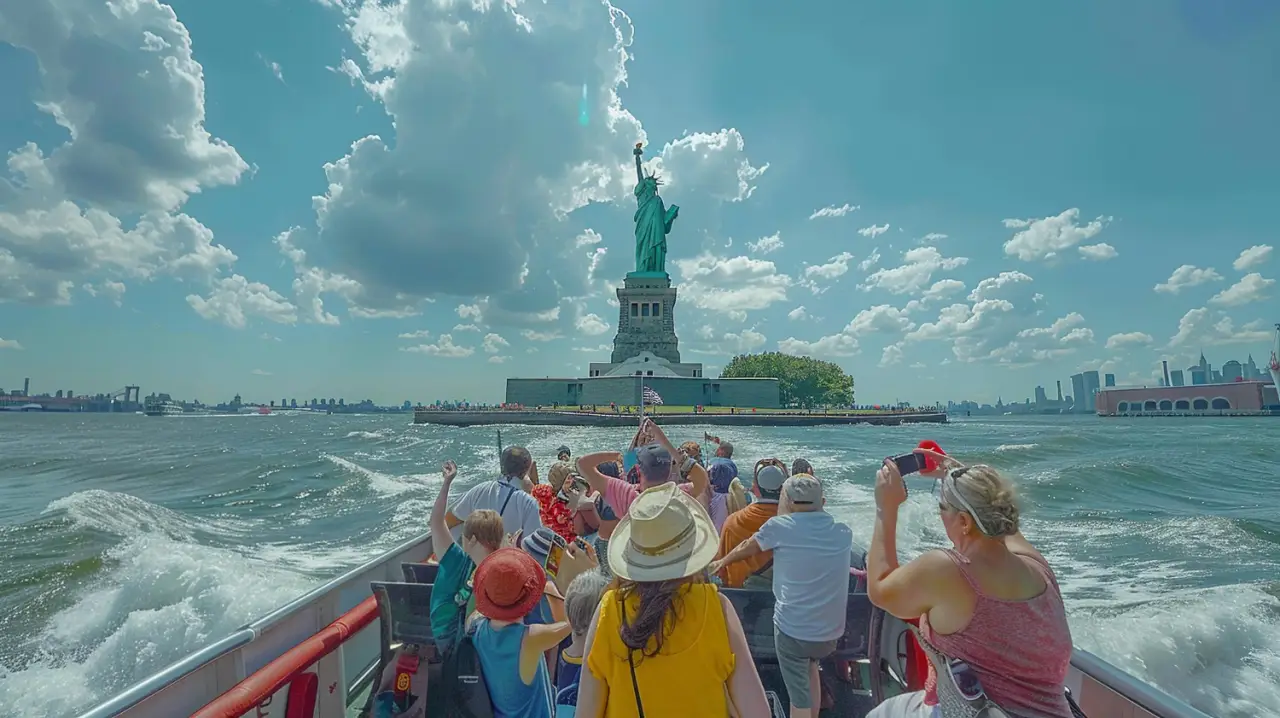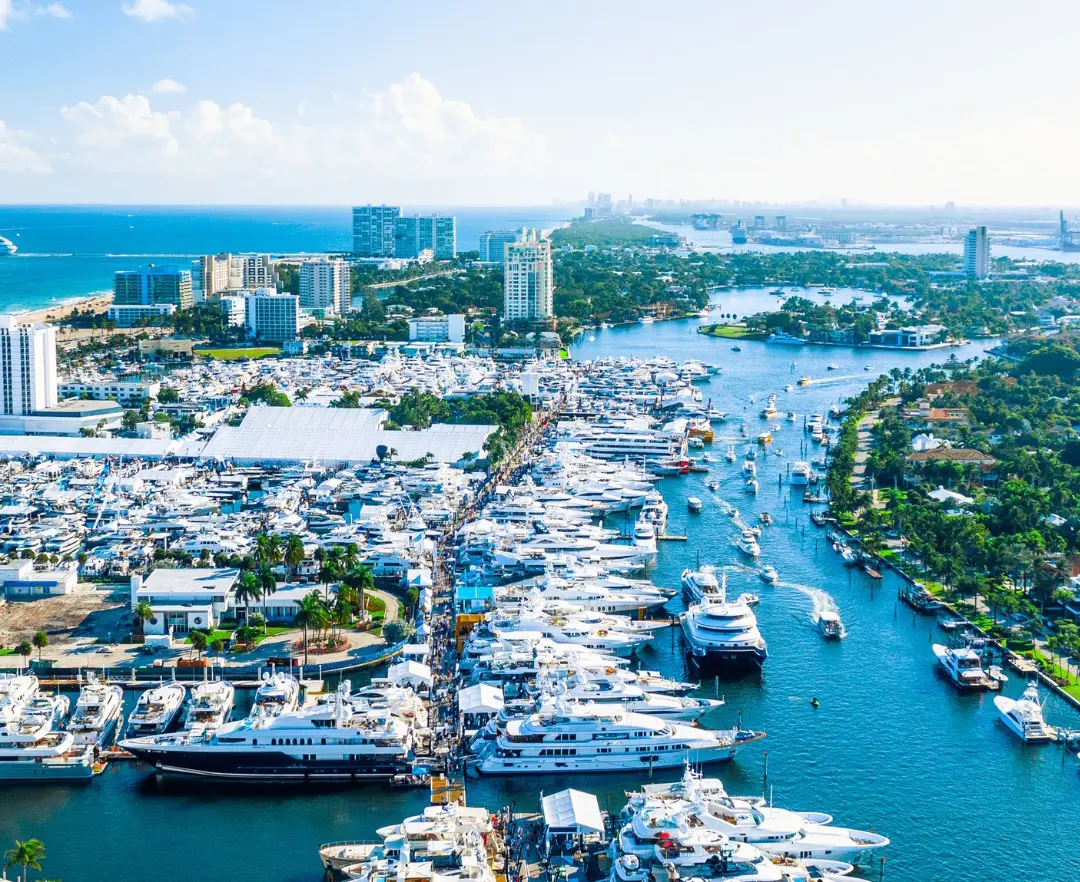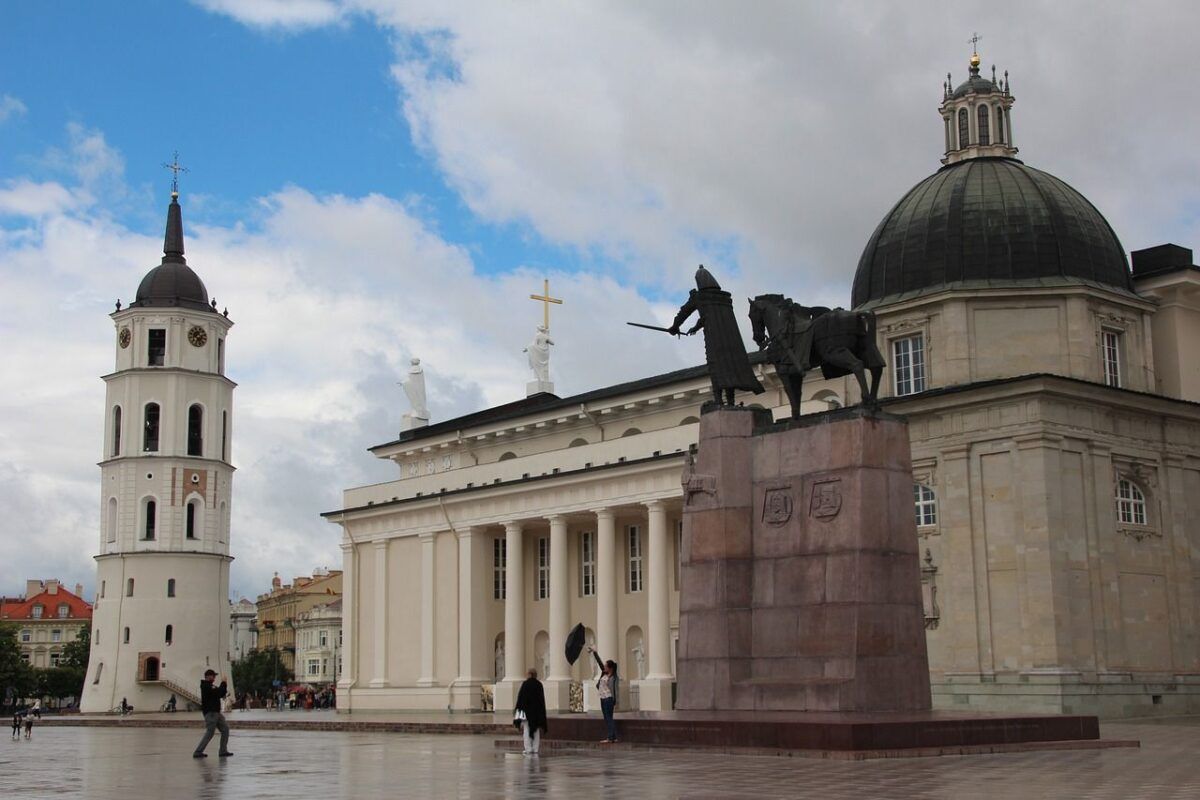A new study analyzes travel trends in Germany. The coronavirus pandemic along with lockdown measures and the ongoing debate about how to adequately deal with the latest developments continues to be omnipresent in early 2021.
The study by ITB Berlin NOW and Statista expects a sharp upturn in the travel industry after the pandemic.
Travel startups and new technologies have been booming for years and topical trends are appearing.
Data from Statista‘s Global Consumer Survey (GCS), one of the world’s largest consumer surveys, shows that German preferences for popular types of holiday have remained more or less stable during the crisis. Thus in 2018 over half of the German citizens polled between the ages of 18 and 64 said they favoured beach holidays, which emerged the clear winner among the various types of holiday. Visiting family and friends, weekend trips and staying at all-inclusive resorts occupied second, third and fourth place respectively. In 2020, all holiday figures suffered a sharp decline, along with turnover in the tourism sector.
What is fascinating however is that while in most cases the popularity rankings have remained stable, holidaying in mountain and lake regions along with nature experiences and outdoor activities as well as the time-honoured camping holiday have risen in popularity (mountains and lakes from sixth to fifth place, camping holidays from ninth to seventh). Activities usually associated with city tourism such as sightseeing and shopping trips have dropped places, (sightseeing from fifth to sixth, shopping trips from seventh to eighth). Beach holidays were easily the most popular again in 2020.
The trend towards holidaying in nature in Germany, which has increased during the coronavirus pandemic, is reflected in relatively frequent Google searches for certain key words. In the summer of 2020 searches for ‘hiking’ and ’cycle tours’ were much more frequent than in 2019. This trend towards holidaying in nature is also confirmed by the page hits on Germany’s most popular websites for outdoor activities, which also registered a large increase in visitors in 2020. Komoot, for instance, a German website for planning outdoor activities, recorded 8.5 million hits in July 2020, compared with less than half (around four million) in July 2019.

Sustainable travel is an increasingly important topic for the tourism industry
Data from Rascasse GmbH, an AI-based platform offering insights into consumer behaviour, currently reports that more than two million Germans are interested in hiking, of whom close to 58 per cent are women and 42 per cent are men with an average age of about 32. This target audience takes environmental awareness and climate change very seriously. Interest in hiking appears to be particularly widespread in southern Germany. What is striking is that nationwide the highest interest in sustainable travel is also found in the same region. Overall, sustainable travel appears to be an increasingly important topic for the tourism industry. Rascasse currently identifies a target audience of around 3.1 million Germans, about twice the figure for 2018. As well as liking outdoor activities, they are interested in sustainably produced clothing, fashion blogs and the social media platform Instagram.
The findings of Statista’s GCS also confirm the trend towards sustainable tourism. Since 2018 the percentage of respondents who agree with the statement ”Sustainability is an important aspect for me when travelling“ has risen from 10.8 to 17.8 per cent. Also, in 2020 39.1 per cent of those polled said they used their smartphone as a travel guide when on holiday – in 2018 that figure was 26.6 per cent. What is more, according to the GCS, low prices have become increasingly important for making holiday choices. In 2020, 35 per cent of those polled agreed with the following statement: ”I always look for the cheapest offer when travelling“, compared with just under 29 per cent in 2018.
Startups are exploiting topical trends – sharp increase in startups for sustainable tourism, custom travel and VR in the 2010s
Within the tourism industry, these trends and others are also widely exploited by startups and are being influenced by new products. The 2010s witnessed a huge rise in startups, particularly in certain markets. Between 2000 and 2009 the tourism industry witnessed a total of 38 new companies whose focus was on sustainable travel. Between 2010 and 2019 the figure was 175. A similar increase in startups can be seen in the custom travel and VR markets. In the 2000s new companies numbered 48 and 11 respectively, compared with 336 and 139 in the 2010s. According to experts, a further increase this decade seems likely.



